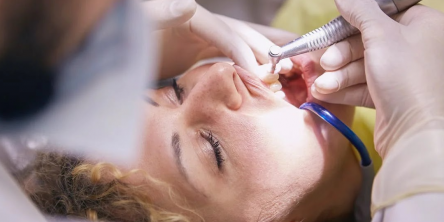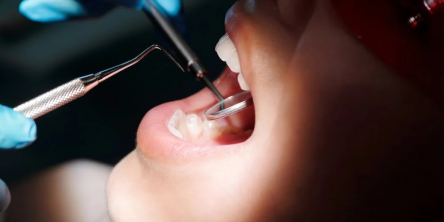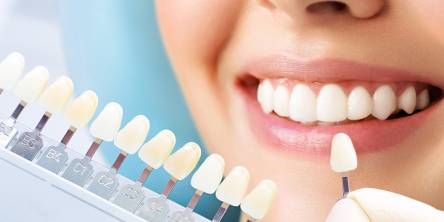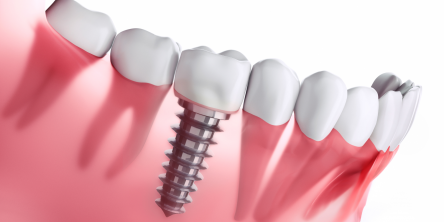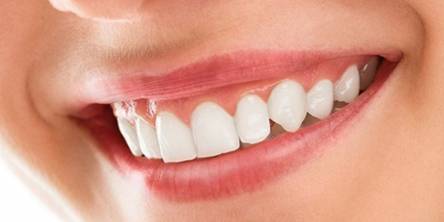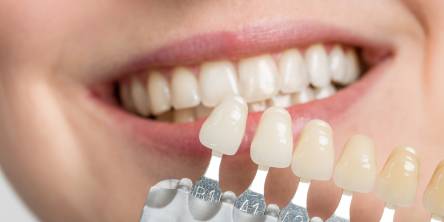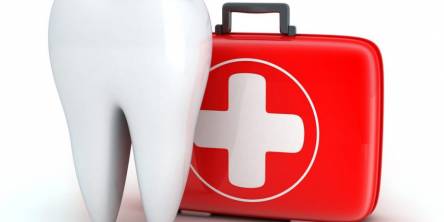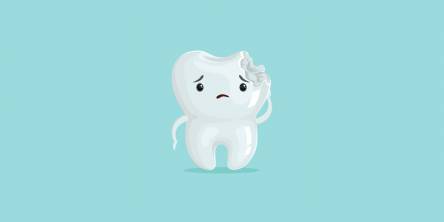4 Common BFRBs You Should Know About
BFRBs (body-focused repetitive behaviors) most frequently start in late childhood or adolescence. They belong to one of the most misunderstood, underdiagnosed, and untreated categories of illnesses. The main cause of BFRBs is having trouble controlling the urge or impulse to engage in a particular behavior that provides some level of relief. Because the BFRB produces a more pleasurable state, the behavior persists and is thus negatively reinforced.
Some of this terminology may be ones you've heard before but weren't sure exactly what they meant. Or perhaps they sound very complex to you because you have never heard of them. We've all witnessed individuals chewing on their cheeks or lips, biting their nails, or twirling their hair. Despite how prevalent these behaviors are, some people find it difficult to quit them, which can make them more harmful. Here you can read features and overviews of the most common ones.
1. Trichotillomania
Trichotillomania is characterized by recurrent hair tugging, which causes hair loss. Not everyone who has trichotillomania pulls hair at random. Determine which undesired hair should be removed and why after careful consideration and inspection. (For instance, a hair strand can feel rough or dissimilar from the others.) The act of pulling hair is frequently preceded by hand manipulation of the hair (feeling it between the fingers, rubbing it, etc.).
Causes can be different, from boredom to anxiety-related. In addition, different emotional feelings may come before or after hair pulling, and it may result in satisfaction, pleasure, or relief.
2. Trichophagia
This condition occurs in 15% of those who have trichotillomania or a hair-pulling disorder. In the form of trichobezoars, which can develop in the stomach or bowel, eating hair can result in major medical consequences. Bezoars have the potential to be fatal. It is advised that you consult a doctor if you or your child exhibits any of the following symptoms: feeling unwell, vomiting, stomach discomfort, bad breath, or other indications of gastrointestinal issues.
3. Onychophagia
This BFRB is most likely known to you as "nail biting." Up to 30% of people engage in this behavior, some of whom are unaware of it. This can cause your teeth or dental implant problems and cause infections in addition to harming your skin and nails. Shortening your nails can be beneficial. A unique, bitter-tasting nail product is another option. Get your nails done! You'll be more inclined to keep your nails in good condition if they are attractive. Replace your habit of biting your nails with something safer to fidget with, like silly putty or a stress ball.
4. Excoriation
Skin-picking disorder or dermatillomania are other names for excoriation conditions. The repetitive picking of one's skin, including stroking, rubbing, scratching, and digging into the skin, is what distinguishes it. Picking can cause scarring, discoloration, and/or tissue damage. According to research, 2-5% of people pick their skin to the point where visible tissue damage occurs, and 75% of those people are women.
How medicine can be helpful
Changing behavior is challenging! There are several significant advantages to seeking therapy for your BFRB, even while some people can make progress treating their BFRB on their own. Working with an expert will help you develop the abilities to recognize triggers and create scientifically informed interventions. The therapist can also assist you in overcoming difficult problems or obstacles that may be keeping you from moving forward. Another person with experience in treating BFRBs can be useful to bounce intervention ideas off of. You can come up with methods that will work in your daily life by working together. Your therapist, for instance, may deal with family members.
Similar Articles
Most individuals have heard the term "dental crown" before. However, few people understand crown lengthening or why it is necessary. Dental crown lengthening is frequently an essential step in preparing your teeth for a dental crown.
Dentists successfully use dental sealants to prevent patients' teeth from serious deterioration in many cases. This inexpensive prophylactic medication is usually recommended for younger children, but it can also benefit adults.
Pregnancy is undoubtedly an exciting period in one's life. All expectant mothers will agree that as they find out they're expecting, they instantly begin to question if any things were previously safe but are no longer because of the baby. This is particularly true for dental operations.
Cosmetic dentistry has grown in popularity recently, allowing people to improve their smiles and confidence. Despite its rising popularity, cosmetic dentistry has become saturated with myths and misconceptions. This article will debunk the top seven myths, shedding light on the reality behind these common misconceptions.
When you lose an adult tooth, it is critical for your dental health that you replace it. If you don't, you risk teeth moving, increased oral instability, and tooth loss. It could harm the underlying bone. An endosteal implant, often known as a dental implant, is one option for restoring missing teeth.
A smile makeover is a process that improves the appearance of the smile by combining various cosmetic dental procedures, such as braces or Invisalign to correct misaligned teeth, teeth whitening to brighten up discolored teeth, and a dental crown or porcelain veneers to cover unsightly flaws like chips or discolored spots.
Dental veneers are one of the most expedient ways to achieve the bright, healthy smile of your dreams. Whether you are self-conscious about stained teeth or want to conceal a chipped tooth, veneers can provide a satisfying solution.
When you experience dental pain, you should be aware of whether you require emergency dental care and whether your dental insurance policy covers you. Not all dental disorders necessitate rapid treatment. A toothache, a damaged tooth, or pain from a dental crown are severe dental problems, but they are not always emergencies, so it is best to plan ahead of time.
Tooth decay, commonly known as dental caries or cavities, is a common oral health problem that affects people of all ages. While much has been discovered about the causes and prevention of dental decay, numerous myths still exist

